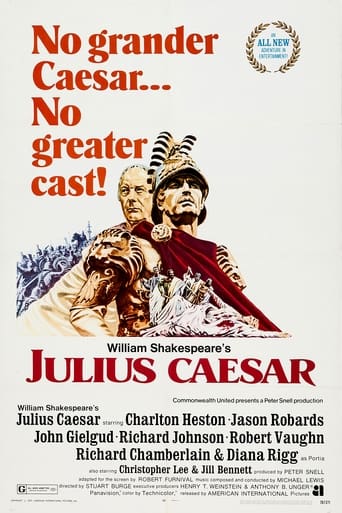


Julius Caesar
All-star cast glamorizes this lavish 1970 remake of the classic William Shakespeare play, which portrays the assassination of Julius Caesar on the Ides of March, and the resulting war between the faction led by the assassins and the faction led by Mark Anthony.
-
- Cast:
- Charlton Heston , Jason Robards , John Gielgud , Robert Vaughn , Richard Chamberlain , Christopher Lee , Richard Johnson


Similar titles
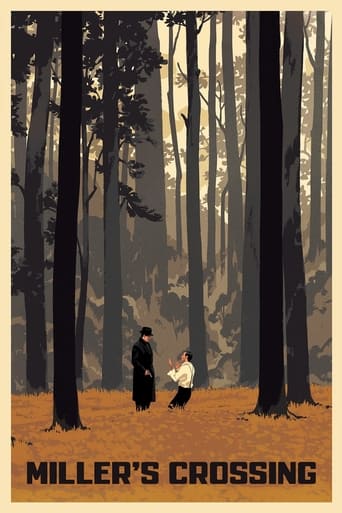

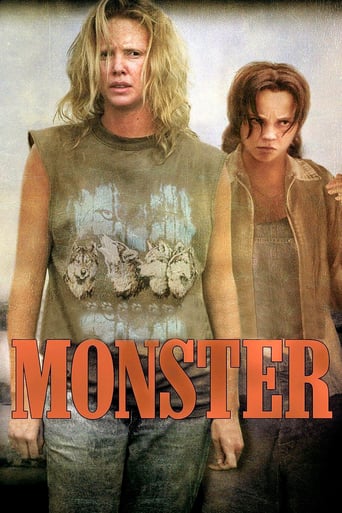
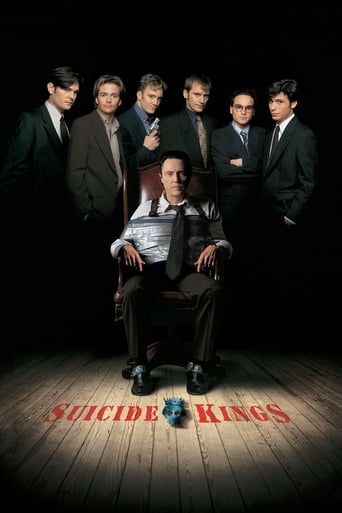
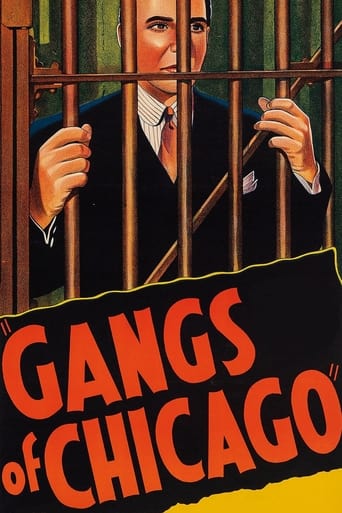
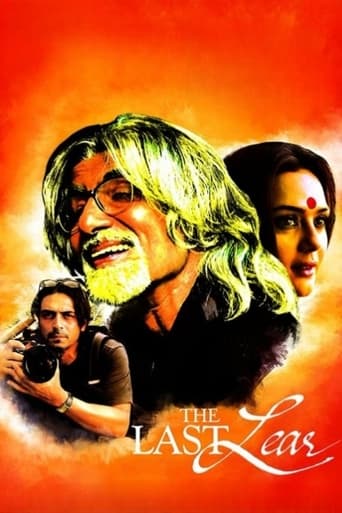
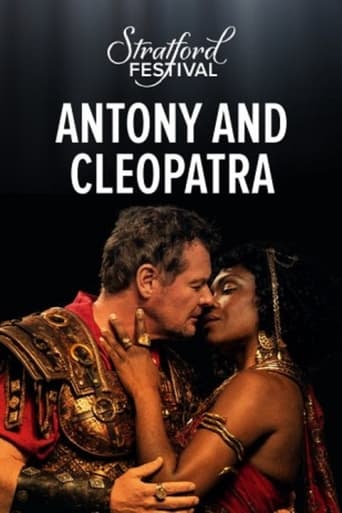
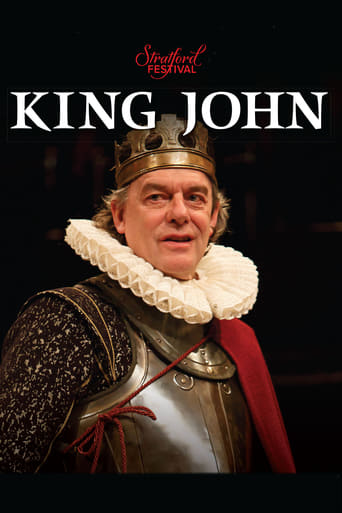
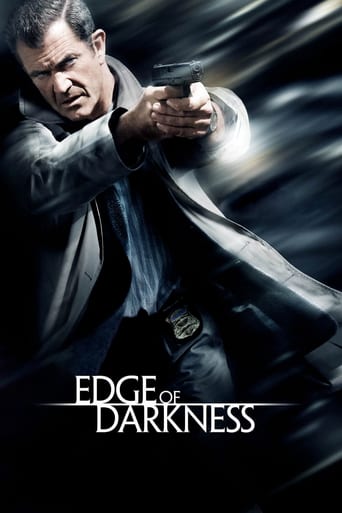
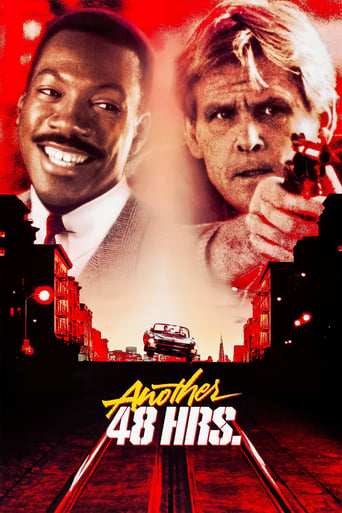
Reviews
ridiculous rating
A waste of 90 minutes of my life
It's funny, it's tense, it features two great performances from two actors and the director expertly creates a web of odd tension where you actually don't know what is happening for the majority of the run time.
Ok... Let's be honest. It cannot be the best movie but is quite enjoyable. The movie has the potential to develop a great plot for future movies
Having gotten pretty far into Shakespeare Month, I think this is probably the weakest film I've seen so far. And the thing is, when you have someone as beloved as Shakespeare, it's really hard to even go bad with him, except that Hamlet version shown on "Mystery Science Theater 3000". I was quite impressed by the color. 1970 was the year that nearly every movie was in color and it shows. There's one major complaint I have. Why is it that the actors portraying Julius Caesar and Brutus look so similar? I thought that was a weird casting choice.Well, that's minor, but the thing is, this movie doesn't give you anything that unique. I guess the pacing is nice, but the battle scenes aren't that good. In a few ways, it actually does improve over the 1953 version because the actual assassination of Caesar is depicted well. I feel bad for not recognizing Charlton Heston. The length was pretty good, but there's just nothing to really recommend it over any other Shakespeare movie. The acting could be better, but it's just fine overall. **1/2
This American International production of Shakespeare's play is an O.K. adaption of the Roman tragedy with John Gielgud as the title character giving an authoritative but compassionate performance as the ambitious Roman General. He is only on screen for a short length, but commands each scene that he is in. It is Jason Robards who wins acting honors here as Brutus, making you understand his motives for doing what he does to preserve the Republic. Charleton Heston as Marc Anthony seems as if he is not part of the ensemble and the major focus, even though he too has only limited screen time. His famous speech at Caesar's funeral looses total impact because of this. Diana Rigg is very good as Brutus's wife with Jill Bennett the only other female as Caesar's wife. The battle scenes are not as powerful as those from MGM's 1953 version, even if they are in color. Some of the scenes have a bit of a horror element to them, not surprising considering AIP's usual output. The lack of wide screen smashes the visuals together to be rather blurry at times, and this weakens the impact of much of the intended epic.
This second big-screen attempt at Shakespeare's play is pretty much neglected in the face of the lavish (despite being in black-and-white) and acclaimed 1953 MGM version. A number of cinematic adaptations of The Bard's work had been made in the interim, but the Roman Empire setting and concluding battle sequence seemed ideal at a time of big-budget, star-studded epics. That said, the film under review is noted as being "technically ragged" and has even been likened to a peplum! I had initially balked at the prospect of adding this to my collection in view of the fact that both existing DVD editions are only available in a full-frame format; still, I changed my mind so that I could include it in my Charlton Heston tribute. When I was in Hollywood, I had watched another Shakespearean film adaptation from the same director OTHELLO (1965), with Laurence Olivier; I recall being somewhat underwhelmed by it coming across as excessively stagy and, therefore, uninventive compared to Orson Welles' highly cinematic rendition from 1952 (though it may also have been due to the massive length, 166 minutes, of Burge's take on that celebrated play). At 116 minutes, JULIUS CAESAR is a more manageable enterprise and, as I said, at least it 'opens up' towards the end; besides, its gripping narrative of political machinations is among Shakespeare's more compelling.Which brings us to a comparison of the 1953 and 1970 versions: if there's one thing that could be leveled against the former is that it flaunts the trademark MGM gloss plus the fact that it was determined to have a star in even the rather negligible female roles (Greer Garson as Calpurnia and Deborah Kerr as Portia), not so much because they were right for the part but because it would have added to the marquee/prestige value or, more crudely, the budget could afford it! Otherwise, that film is distinguished by Marlon Brando's fiery Mark Antony, James Mason's thoughtful Brutus and John Gielgud's wily Cassius not to mention Miklos Rozsa's typically grandiose score. While the 1970 film adds color and a wider aspect ratio (somewhat negated here by the disappointing panning-and-scanning of the image) to benefit the spectacular elements of the plot, and the casting itself looks pretty impressive on paper, it can't really hold a candle to the earlier version! Charlton Heston is decent as Antony: he had already played the character in a 1950 TV adaptation and would do so again in the 1972 ANTONY AND CLEOPATRA based on another Shakespeare play and which he personally directed (I know this latter film was shown a couple of times in my childhood, including a Sunday matinée' broadcast on local TV but I'm damned if I recall whether I had sat throughout its entire 170-minute running-time, or even if the print was that long to begin with; inexplicably, the film seems to have vanished off the face of the earth since then!). In any case, Heston's by-now established larger-than-life persona is enough to carry the weight of the role, and he does especially well in the pivotal oratory at Caesar's funeral whilst lacking the essential brooding passion that had marked Brando's earlier portrayal. Jason Robards Jr. is a notoriously glum Brutus seemingly uncertain as to how approach the text, his resultant feeble performance truly hurts the overall effort. Richard Johnson, on the other hand, is a fine Cassius: ironically, the fury displayed by him at Brutus' decision to allow Antony to speak on behalf of Caesar in front of the people is that more palpable here in the wake of Robards' ineffectual Brutus! John Gielgud exchanges Cassius's robes from the 1953 film for those of the titular figure a legendary interpreter of The Bard's work, he offers a dignified portrayal of the fated conqueror/dictator with a misplaced trust in his peers. Robert Vaughn is a surprisingly good Casca, perhaps Cassius' closest supporter; Richard Chamberlain is Octavian, Antony's ally in routing the conspirators he only turns up in the last third, with his best moment coming during the confrontation on horseback (flanked by Antony himself) with Cassius and Brutus at Philippi. Diana Rigg as Portia has just one scene alongside her husband, Brutus, but the future Dame clearly outshines the miscast Robards!; Jill Bennett appears as the superstitious Calpurnia. Christopher Lee, who receives fairly prominent billing, has only a very negligible role as a citizen (mystic?) whose advice to Caesar to be wary of his flatterers goes tragically unheeded but it was nonetheless nice to see him in this company; Michael Gough, a horror icon in his own right, is another of Caesar's envious senators determined to bring him down for the good of the Empire; Andre' Morell plays Cicero his character is often mentioned but the actor's silent contribution is completely redundant, since he only appears in a couple of brief shots! The opening sequence a sinister panorama of a battlefield strewn with rotting corpses and vultures hovering above is striking (this is surprisingly followed by one instance of nudity amid the footage serving as background to the credits!) and the finale notches up a few acceptable bouts of action, but the rest of it is generally uninspiring. For the record, I've watched numerous straight adaptations of Shakespeare's work over the years (beginning from a fairly young age); of late, however, I've become wary of them because of the considerable effort required to get attuned to his idiosyncratic style of writing and, even if I was already familiar with this particular play via numerous viewings of the 1953 film, it sadly proved to be no exception to the rule here either
One of the things that I always thought about Julius Caesar is that in the life of one of the great movers and shakers of the ancient world, he's merely a figure in which all kinds of people at the end are busy weaving their schemes around, be it his death or his conferred immortality. Antony and Brutus are each worried about their place in Caesar's affections and Brutus figures he's lost out to Antony. It makes him an easy mark for Cassius's plots. After the dirty deed of assassination is done, it's Antony and Octavius though they are teaming up against the conspirators, you can tell both in this version and in the better Fifties version that MGM put out that they will soon be at odds.Charlton Heston is a strong Antony here, but unfortunately for the play to succeed you need an equally strong Brutus. That's not what you get in Jason Robards, Jr. For a man who in his time was considered the greatest interpreter of Eugene O'Neill, when it comes to Shakespeare the man was out of his league. No reflection on him, everyone has casting limitations.A real good interpreter of the Bard who played Cassius back in 1954 plays Caesar here. John Gielgud is equally fine in both versions. And Richard Johnson and Robert Vaughn are superb as conspirators Cassius and Casca. And Richard Chamberlain who was trying very hard to shed his Dr. Kildare image is fine as the cunning Octavian who Antony ultimately underestimates.Charlton Heston in his memoirs takes blame for casting Robards and Robards himself realized he was miscast. Oddly enough in that earlier version James Mason as Brutus was the best one in the film.
